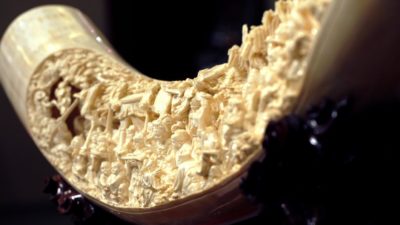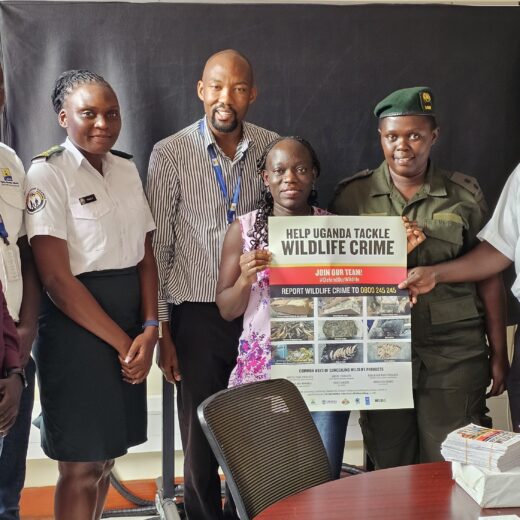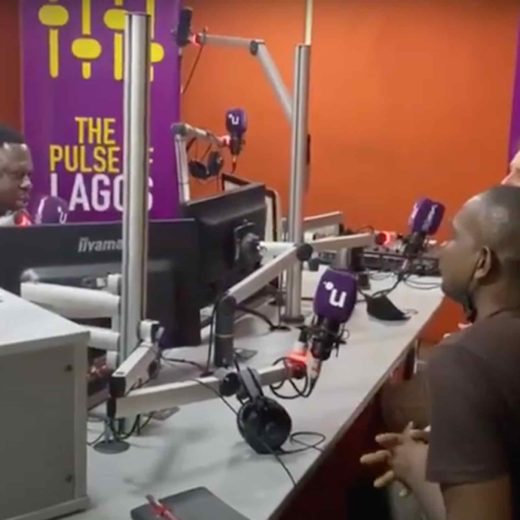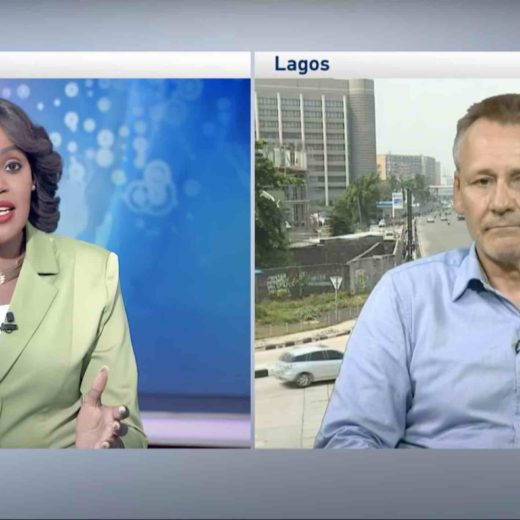


By: Echo Huang
Hong Kong, the world’s largest ivory trading hub, will phase out the business entirely in four years. Environmentalists are calling it a victory.
“Today is a great day for elephants,” said Alex Hofford, a campaigner with WildAid Hong Kong, in a statement. “Hong Kong has always been the ‘heart of darkness’ of the ivory trade.”
According to a bill passed by the Hong Kong legislative council on Wednesday (Jan. 31), authorities will carry out a three-stage plan. First will come a ban on ivory acquired after 1975, when the Convention on International Trade in Endangered Species of Wild Fauna and Flora (CITES) took effect. Three months later will follow a ban on ivory obtained before 1975, known as pre-Convention ivory. Finally, traders must be rid of their stock completely by the end of 2021.
Hong Kong’s new law also increases penalties (pdf, p. 6) for offenders. They could face fines of up to HK$10 million ($1.3 million), twice the current amount, and jail time of 10 years, instead of the current two.
International trade of ivory has been virtually banned since 1990 under CITES, which Hong Kong and most nations agreed to honor. But there was a loophole (paywall) in the case of Hong Kong, where the sale of pre-Convention ivory remained legal. Traders were able to deal in new ivory alongside the older ivory, as evidenced by the 7.2 tons (6.5 metric tons) of elephant tusks discovered by Hong Kong customs officers in a shipment last July.
Hong Kong is at the doorstep of China, home to the world’s strongest demand for ivory. In December, a ban on ivory sales in mainland China went into effect.
Ivory smuggling can, of course, shift to wherever regulations or enforcement are weaker. Laos has become the world’s fastest-growing ivory market, according to a 2017 report from the Kenya-based nonprofit Save the Elephants, which found that nearly 40 Chinese-run shops (pdf, p.7) had sprung up in the capital Vientiane, compared to none in the early 2000s. The stores, usually operated in Chinese hotels and casinos, sell carved ivory tusks, chopsticks, and rings. Laos has actually experienced oversupplies of ivory. In late 2016, the average wholesale price of raw ivory dropped to $714 per kg, down from $2,000 in 2013.
Demand, ultimately, is the problem, which is why WildAid enlisted NBA basketball star Yao Ming several years ago to help change Chinese attitudes toward ivory. Such efforts take time. Meanwhile, Hong Kong’s new plan is a welcome development.
Stay in touch and get the latest WildAid updates.
SIGN UP


